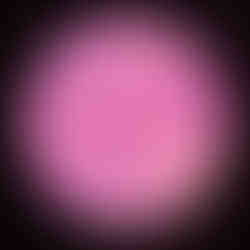Should I be worried about this lump?
- honeydewanimalclinic

- Jun 6, 2024
- 2 min read
A dog's skin is a good indicator of their overall health. As dogs age, they may develop lumps, bumps, and cysts, which can be normal. However, these can also be signs of an underlying problem. It's important to keep an eye on your dog skin and consult with a veterinarian if you notice any changes or abnormalities.

How we diagnose lumps
When it comes diagnosing lumps in dogs, a sample of cells may need to be taken. This can be done by performing a fine needle aspirate or surgically removing a small tissue sample. These procedures can help determine the nature of the lump and guide further treatment options.
What is a Fine Needle Aspirate (FNA)
A fine needle aspirate is a biopsy procedure commonly used to investigate lumps and masses. During the procedure, a hollow needle is inserted into the mass for sampling of cells, which are then placed on a slide for examination under a microscope. A FNA is a minimally invasive and safe procedure that can provide valuable diagnostic information.
why is a fna necessary
There are two major types of lumps and bumps on dogs: malignant (cancerous) and benign (not cancerous). However, you can’t tell the type or severity of a growth just by looking at it. A FNA allows your veterinarian to look at cells to determine if your pet has an inflammation, an infection, a cyst or a tumour. A FNA is the first step in determining if your pet may need further diagnostics or surgery to remove the lump. Not all tumours can be diagnosed on FNA alone but it guides your veterinarian on the next best steps to treat a lump or bump.
What to Do If You Find a Lump on Your Dog
It is advisable to seek veterinary attention for any growths observed on your dog to ensure optimal care. It is recommended that you take note of the lesion location, duration, any changes, and your dog's reaction to it. This information will aid your veterinarian in determining the most appropriate course of action for your pet.
Treatment for Lumps
Monitoring for changes
Laser treatment
Surgical removal
Chemotherapy























Comentarios